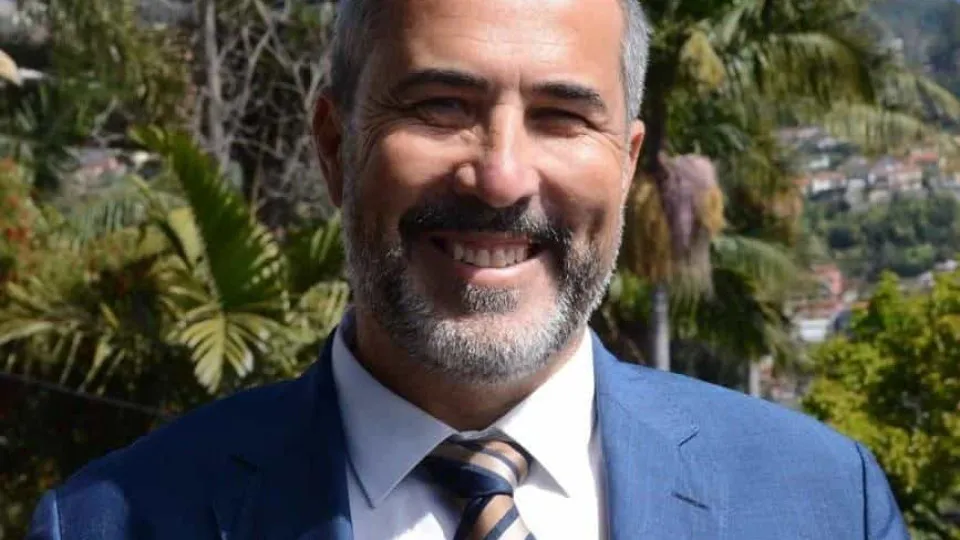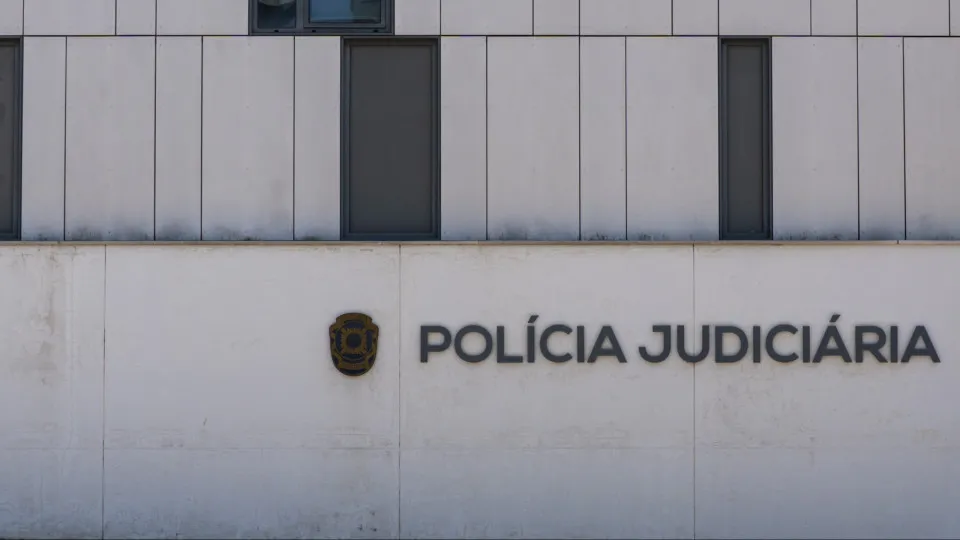“Inspectors from the Polícia Judiciária (PJ) who were formerly part of the Serviço de Estrangeiros e Fronteiras (SEF) refuse to be compelled to remain at airport borders for an additional six months beyond the originally planned date of October 29,” stated the Sindicato do Pessoal de Investigação Criminal da Polícia Judiciária (SPIC-PJ) in a note sent to Lusa.
The union highlighted that these inspectors, who were supposed to return to the PJ and had already been informed to report to their respective units, were caught off guard 11 days before the government’s new intention surfaced to extend their duties at airports for another six months.
The organization noted that many inspectors had already “begun their transitions to new workplaces.”
SPIC-PJ warned, “If the government does not show sensitivity to the inspectors’ situation and insists on keeping them indiscriminately at the borders, it will incite further tension in an already troubled area, jeopardizing the social peace that PJ inspectors have consistently strived to uphold in the name of national security.”
Following the disbandment of the Serviço de Estrangeiros e Fronteiras on October 29, 2023, inspectors were transferred to the PJ, with 324 former SEF members temporarily attached to the PSP for air border control.
This arrangement required a gradual transition of inspectors to the PJ by October 29, 2025.
The PSP reported that 129 former SEF inspectors remain active in the police due to complications concerning training, which lacks Frontex-certified instructors, resources for training, and facilities.
The union argues that the alleged lack of human resources cited by the PSP’s national leadership as justification for extending the mission is entirely refuted by reality.
“There is no shortage of PSP resources for border control. There are far more agents trained in border control than the number of inspectors with which the defunct SEF managed much broader functions,” stated Rui Paiva, president of SPIC-PJ, in the communiqué.
Rui Paiva emphasized that it is “completely incomprehensible that among the three entities responsible for border control—PSP, GNR, and the Internal Security System (SSI)—no solution has been found to meet legal obligations, relying almost two years later on nearly 130 PJ inspectors to perform these duties.”
SPIC-PJ claims that the real reason for this dependency on PJ personnel is the PSP’s ongoing commitment of substantial human resources to criminal investigations, a role legally assigned to the Polícia Judiciária.
“This choice has led to the paradox of having Polícia Judiciária inspectors controlling airport borders, a task for the PSP, while PSP agents continue to handle cases like drug trafficking, human trafficking, and document forgery, which fall under the PJ’s purview,” Paiva highlighted, stressing that “it is time for the government to recognize this is an organizational issue within the system, not a matter of capability or lack of means within the PSP.”
The union also reminded the government that “there are a significant number of inspectors willing to remain at the borders, an asset that can be well utilized,” but does not accept that “under a false pretext of necessity, those who legitimately wish to work within their own police force are now being forced to fulfill PSP responsibilities at the last minute.”




